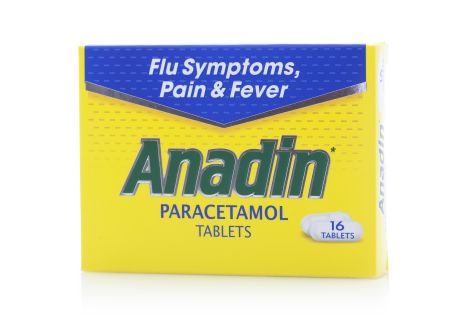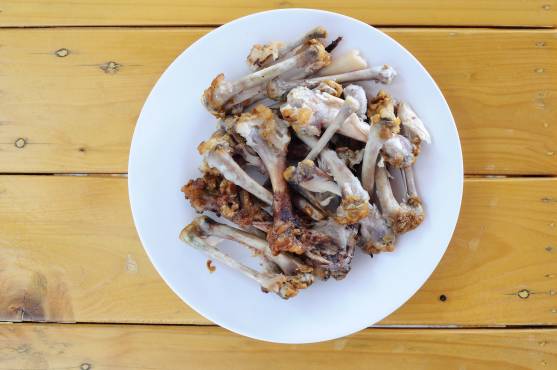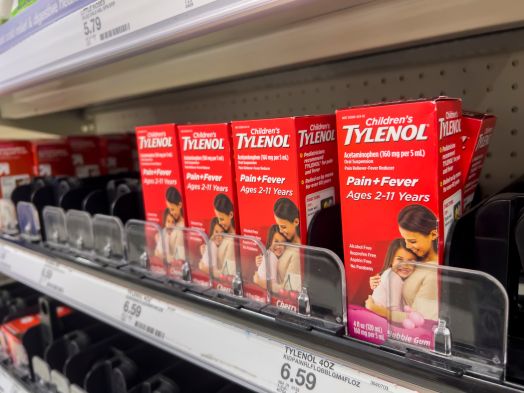Jasmine is a beautiful, sweet-smelling plant that can be found in certain parts of the country. You find these lovely plants most often in the southeastern US, though the plant is native to Central America and also grows in the Caribbean.
Connect with a verified veterinarian in minutes. Licensed vets are available 24/7 to answer your questions. No need to worry about your furry family member.
The sweet smell and the nectar can sometimes draw dogs to eat the flowers and leaves. Is jasmine bad for dogs?
What is Jasmine?
Jasmine is a very fragrant flower, which comes in different varieties. The plant is shrub that vines and is related to the olive family. The plants bear white flowers that smell wonderful on a hot summer day.
These are the most common varieties of jasmine:
- Gelsemium sempervirens (also called yellow jasmine, Carolina jasmine, evening trumpet flower)
- Cestrum nocturnum (also called night-blooming jasmine, lady of the night, queen of the night, night-blooming cestrum)
- Cestrum diurnum (also called day-blooming jasmine, day-blooming cestrum)
- Jasmine
Is Jasmine Toxic to Dogs?
Yes, this is a plant that’s toxic to dogs. All parts of the plant are toxic including the leaves. If a dog eats any part of the plant, then there’s a danger of poisoning.

Review symptoms, medications & behavior to keep your pets healthy with a Vet Online in just minutes.
Ask a Vet Live NowSymptoms of Jasmine Poisoning in Dogs
Your dog may show these signs or symptoms if he’s eaten jasmine:
- Muscle weakness
- Paralysis
- Difficulty swallowing
- Decreased breathing rate
- Vision loss
- Seizures
- Vomiting
- Depression
- Lack of appetite
- Weight loss
- Increased pulse
- Tremors
If you know or suspect your dog has eaten jasmine leaves or other parts of the plant, please call the vet immediately. This is a life-threatening medical emergency.
Note: do not induce vomiting unless the vet tells you to do so.
Treatment of Jasmine Poisoning in Dogs
If your dog has recently eaten jasmine, then the vet may induce vomiting. The vet may also use gastric lavage, activated charcoal, or other methods to remove the poison from your dog’s system.
Your dog may also require an IV with fluids to keep him from becoming dehydrated and/or receive medicine as needed for other symptoms.
The prognosis is good if your dog receives prompt medical care; however, it can also depend on how much of the plant your dog has eaten. Most dogs will be OK but need to see the vet as soon as possible to be treated.
It’s a good idea to remove these plants from your dog’s yard. And out on walks, be sure to watch what your dog is doing. He can quickly grab something and swallow it. So, be sure to keep him from eating anything while out on walks.
Connect with a verified veterinarian in minutes. Licensed vets are available 24/7 to answer your questions. No need to worry about your furry family member.

Kyoko
Kyoko is from a family of 3 and moved to New York with her parents and siblings when she was 13. Kyoko is fond of spending a great amount of time with pets, specifically her beagle Luna and cat Missy. Her boyfriend often complains that she spends too much time giving attention to their animals. Kyoko has written dozens of articles concerning pets and is aiming at owning a pet shop one day!
Review symptoms, medications & behavior to keep your pets healthy with a Vet Online in just minutes.
Ask a Vet Live Now




